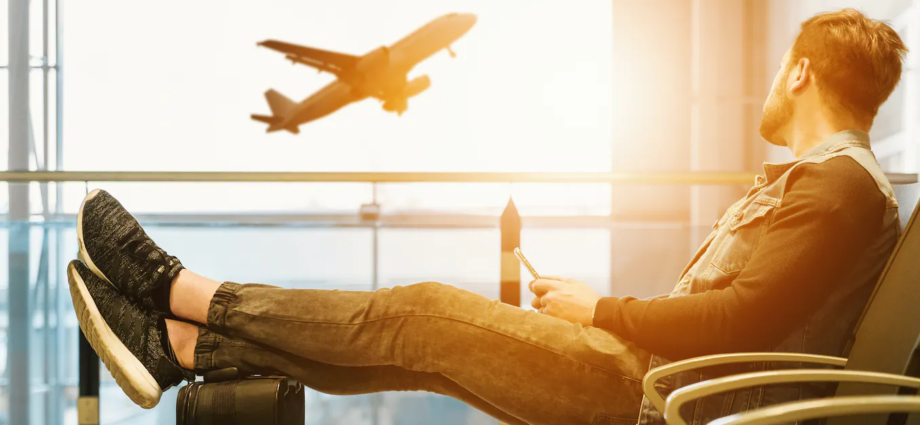
Frederic Dimanche, Toronto Metropolitan University and Wayne Smith, Toronto Metropolitan University
August 12, 2022
We all realized the importance of the COVID-19 pandemic when we were asked by the government to stay home in Winter 2020.
When Canadians were given the green light to travel again, the government and media instilled a fear of travelling and many chose not to.
Although we’re not out of the pandemic yet, when it comes to restrictions, things are looking better. Take the EU for example: Restrictions have been dropped, and as a result, international trips increased 182 per cent from 2021 to 2022 for the first three months of the year.
And while some are still preferring to stay at home or avoiding international air travel, many are eager to fly, but are confronted with difficult travel conditions: Flights are delayed or cancelled, people are waiting in line for hours at airports and missing their flights, luggage is being lost and emotions are high.
So, is it worth travelling right now?
Revenge travel and a labour crisis
On one hand, the good news is many people have overcome their fear of travelling amid the pandemic. They long for a time when they could visit other places, or see friends and family they’ve missed these past 30 months.
Revenge travel — a term coined to define people’s need to travel after being deprived of it — and nostalgia for travelling are fuelling people’s return to travel. And Europe is a top destination.
Compared to 2021, Europe welcomed almost four times as many international travellers during the first three months of the year, while the U.S. welcomed more than twice as many.

On the other hand, the travel rebound has met a labour crisis: Employers are struggling to hire qualified people after many left due to pandemic unemployment. The result? Travel chaos.
From lost luggage to missed connections and cancelled flights, airports are struggling. In particular, Toronto Pearson airport has received poor publicity the past several weeks and been ranked “worst in the world” for the number of delayed flights (over 50 per cent of all flights) from the end of May until July 19.
Is it going to be fixed anytime soon? Probably not. But airports like Pearson say they are seeing improvements. In the meantime, it’s a safe bet for travellers to get accustomed to paying more for lower quality services.
Plenty of health benefits
But it is still worth travelling. We know how important travel is: We travel to reconnect with friends and family, to escape our normal lifestyles, to discover other landscapes and cultures. And taking vacations is actually good for your health and wellness, even when it’s a short trip!
Travelling has health benefits, like recovering from mental and physical fatigue, improving household relationships and making people happier. Researchers have shown that satisfaction with leisure travel is positively connected to quality of life. And several studies have even shown that international travel restrictions led to unintended negative health and social consequences.
While travel for vacation is recommended, beware: According to air travel specialists, more disruptions are in the cards and more air travel chaos is on its way. The labour issues that are the main reason for the disruptions are unlikely to disappear anytime soon and will continue to affect all tourism sectors, from transportation to hospitality and attractions.
While travellers should not feel discouraged as the benefits outweigh the costs, it may be time to consider alternative, less environmentally damaging forms of travel: closer to home, without flying and favouring domestic tourism as a substitute to international tourism.
The key to a successful trip is to properly plan for it, consider any alternatives that may be needed and be diligent about checking and double checking travel regulations and restrictions — even while on your trip, as they may change.
Make sure you have digital copies of all relevant documents (like your passport, prescriptions and vaccination records) and pack at least a couple of days of clothes in your carry-on (or don’t check a bag at all). Also remember to be respectful of the people and countries you visit (wearing a mask, for example, may be encouraged or required in some countries or public places).
Subscribe to our newsletter.
Finally, bring some patience, flexibility and a willingness for adventure.
Frederic Dimanche, Professor and Director, Ted Rogers School of Hospitality and Tourism Management, Toronto Metropolitan University and Wayne Smith, Professor, Hospitality and Tourism Management, Toronto Metropolitan University
This article is republished from The Conversation under a Creative Commons license. Read the original article.


